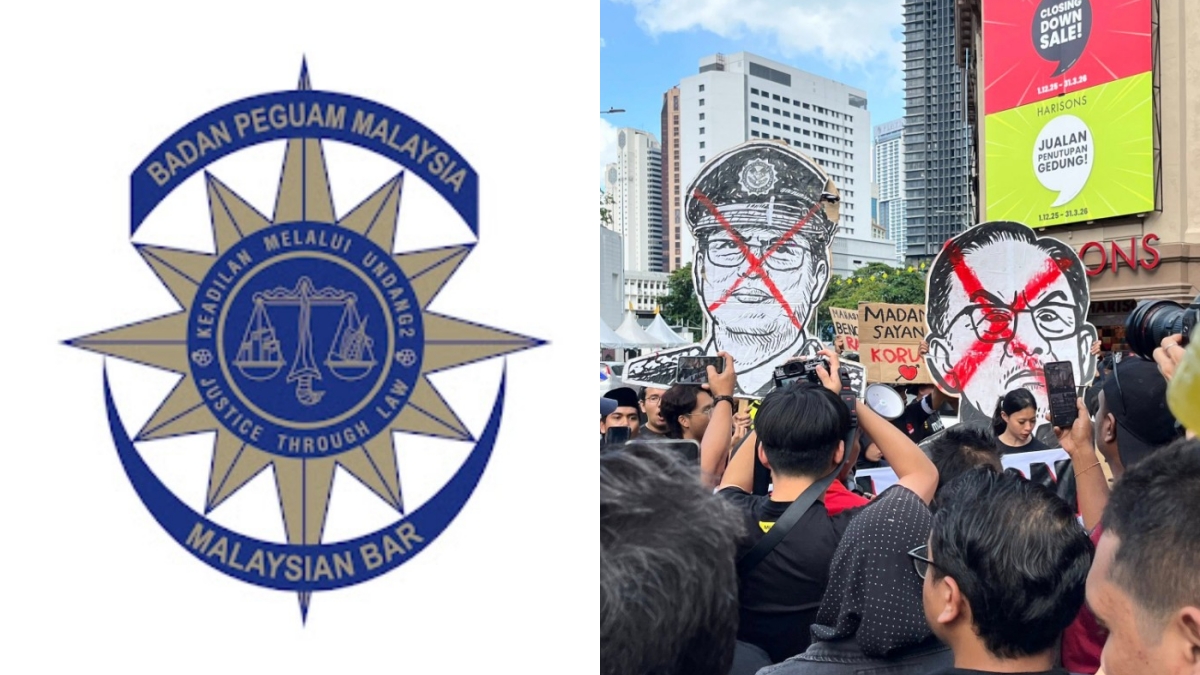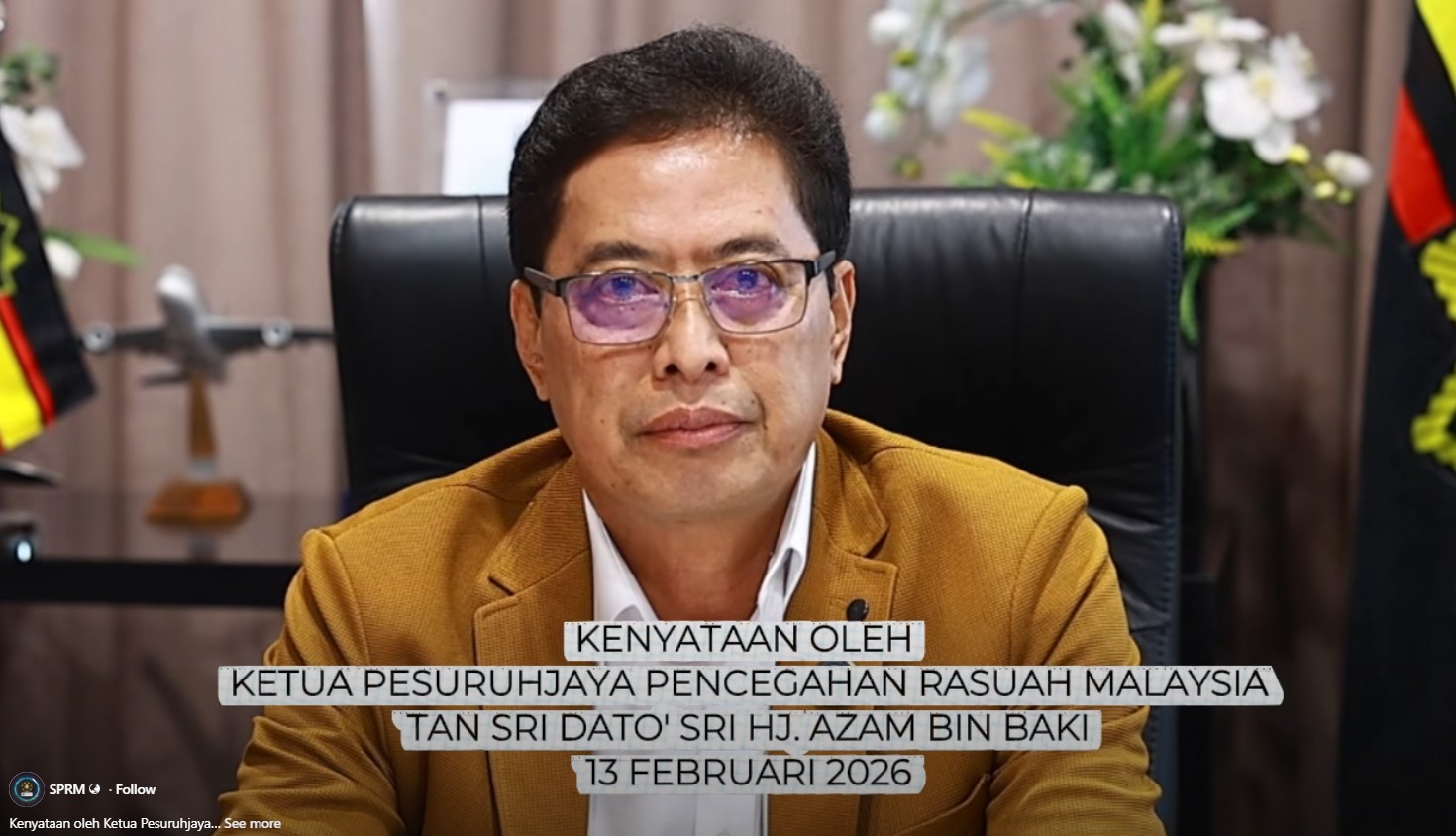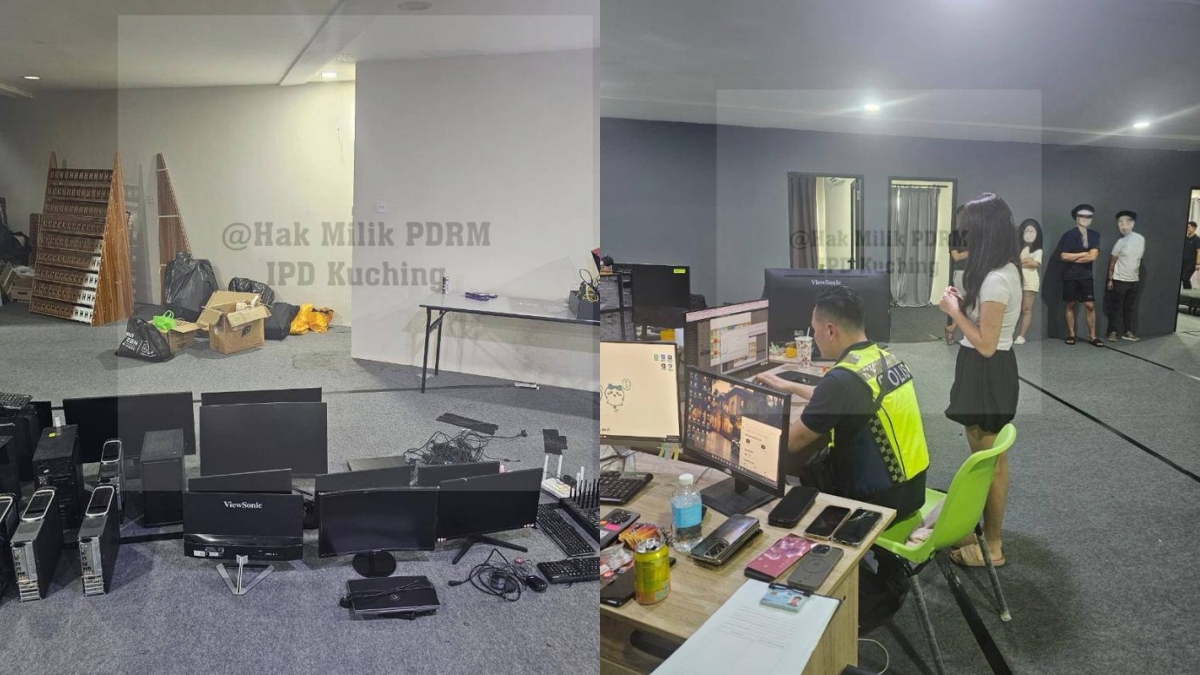Najib Razak Granted Discharge Not Amounting to Acquittal in RM27 Million SRC Case
Malaysia’s High Court has granted former prime minister Najib Razak a discharge not amounting to an acquittal (DNAA) in a money-laundering case linked to SRC International, citing unacceptable trial delays.

- Ruling: High Court granted Najib Razak DNAA on 20 June 2025 in RM27 m SRC case.
- Reason: Judge cited “unacceptable” six-year trial delay.
- Effect: Najib freed from current charges, but case can be refiled.
- Background: Najib remains jailed on a 12-year sentence for a separate SRC conviction.
- Other cases: This is his second DNAA in 1MDB-related proceedings; he was acquitted in a separate audit-tampering case in 2023.
- Prosecution: Yet to decide if it will refile charges; opposition urges clarity.
- Ongoing trial: Najib faces closing arguments in the main 1MDB trial in October 2025.
- Politics: Najib is seeking house arrest, citing a purported royal directive.
Malaysia’s High Court on 20 June 2025 granted a discharge not amounting to an acquittal (DNAA) to former prime minister Najib Razak in a case involving RM27 million from SRC International, a former subsidiary of scandal-tainted state fund 1MDB.
Najib, who has been serving a 12-year prison sentence since August 2022 for a separate SRC conviction, faced three additional money-laundering charges filed in 2019. Those proceedings stalled repeatedly, leaving the 71-year-old ex-leader in prolonged legal uncertainty.
Judge cites “unacceptable” delay
In his ruling, High Court judge K. Muniandy said the six-year delay without trial was untenable under principles of justice. He noted that a DNAA—while not a full acquittal—was the most appropriate course of action.
The ruling allows Najib to exit the current proceedings but permits prosecutors to reinstate the charges in future.
Najib’s lawyer, Muhammad Shafee Abdullah, described the decision as a relief, telling reporters that the DNAA spared his client from being trapped in “legal limbo.” He said the ruling removed the “sword of Damocles” hanging over Najib’s head while respecting the prosecution’s right to act later.
Second DNAA in 1MDB-related cases
This is the second DNAA Najib has received in connection with the 1MDB financial scandal. In 2024, he was discharged—not acquitted—in another 1MDB-linked case over procedural concerns.
Najib was also acquitted in 2023 of tampering with a government audit into 1MDB, marking another instance where courts concluded the prosecution had not adequately advanced its case.
Prosecution response pending
The Attorney-General’s Chambers has not yet announced whether it plans to refile the SRC charges. Opposition politician Rafizi Ramli urged prosecutors to clarify their position quickly, warning against further delays.
He added that publicly available money-trail evidence was strong and should be pursued to its conclusion.
Najib’s current incarceration
Despite the DNAA, Najib remains behind bars. He is serving a 12-year sentence for corruption and money laundering connected to SRC International, upheld by Malaysia’s Federal Court in August 2022.
He also faces the largest remaining 1MDB trial, where closing arguments are expected in October 2025. That case covers billions of dollars allegedly misappropriated from the state fund during his tenure as prime minister.
Najib has consistently maintained his innocence, claiming political persecution. He has petitioned for the remainder of his sentence to be served under house arrest, citing what he describes as a royal directive—though no official confirmation has been issued.
Political and public reaction
The DNAA ruling has stirred debate across Malaysia’s political landscape. Supporters see it as a fair response to prosecutorial delays, while critics view it as another example of Najib eluding accountability despite extensive evidence of financial misconduct tied to 1MDB.
Observers note that while DNAA is not equivalent to acquittal, repeated discharges risk eroding public confidence in Malaysia’s judicial handling of the scandal.







